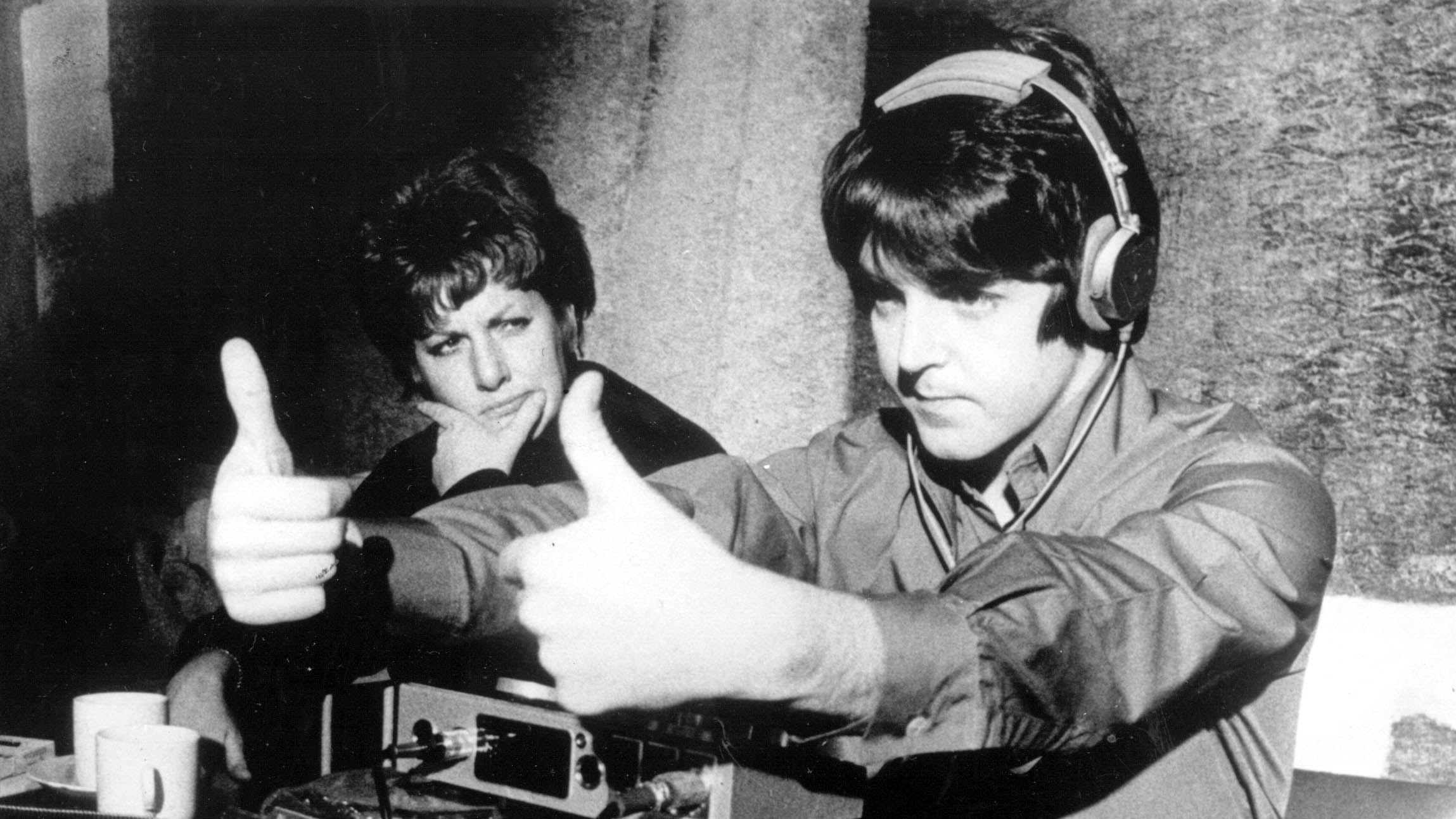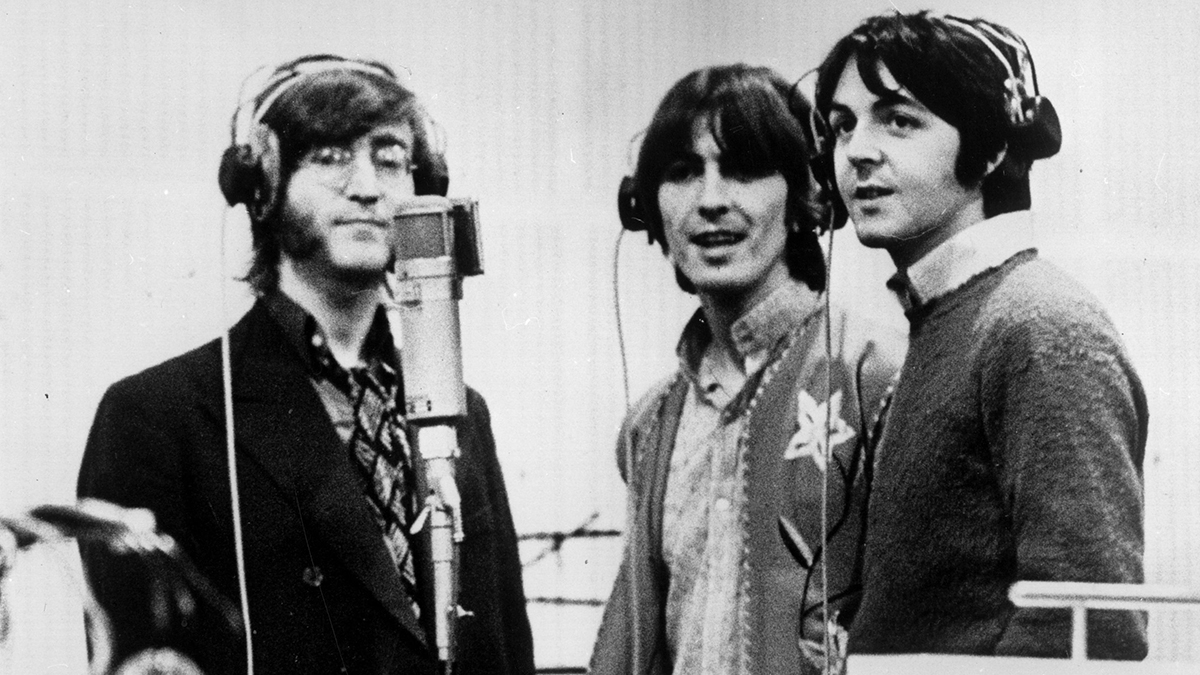
Veteran producer Ken Scott has been talking about his experiences recording with the Beatles.

In a lengthy interview with Headliner website, the 77-year-old goes into detail about his work engineering the White Album and lets slip a few secrets about the inner workings of the album.
Take the fade-out, fade-in ending of Helter Skelter – there was no creative reason behind it, merely a case of creating different mixes for the mono and stereo versions of the record.
“Because there was a deadline for The White Album – because there'd been so much publicity about Apple Records and they had to release a record on a certain date – there was a 36-hour session to get it finished.
"I believe it was actually during that 36-hour session we mixed the mono version of Helter Skelter and then we moved on to the stereo.”
“The way I remember it is that Paul was sitting by me. I set up the stereo mix – basically the mono mix but just putting things in some different places. We got to the end, and I fade out exactly the same way as I did for the mono, and when I get to the bottom, Paul says to me, ‘Okay, now fade back up again’.
"I look at him and he says, ‘Fade back up’. So I start to fade it back up again. When I get to the top, he said, ‘Okay, now fade it down again,’ and I fade it down again. I'm just going down and he says, ‘Okay, now bring it up really quick’. So I bring it up at, "I’ve got blisters on my fingers," and he says, ‘Put it down’.
"I pulled it down quickly and I just looked at him and said, ‘What the f**k was that all about?’
"He said, ‘Well, we've been getting lots of fan mail saying that there are differences between the mono and the stereo, so we thought we would actually make differences and that way, we might sell twice as many records’. That's how that happened. It's always, ‘follow the money’.”
Incidentally, in a recent edition of the McCartney: A Life In Lyrics podcast the 82-year-old Beatle elaborates on this and the move from mono to stereo in this period. “We thought of it in a different way than you do now. Now you just think it makes it more realistic like listening to a band and you'll get a surround feeling when you listen to it (stereo).
"We thought ‘no – with these two speakers we can have a thing wandering from one speaker to another.”
Elsewhere, Scott’s memory of the landmark album is distinctly hazy. That Eric Clapton solo on While My Guitar Gently Weeps (the first time another guitarist had guested on a Beatles track)? He doesn’t remember it at all.
“Neither does Chris Thomas, who was George Martin's assistant, and he was the producer at that time because George was on holiday," he told MusicRadar last year. "He doesn't remember it. And John Smith, my assistant engineer at that time, does not remember it. We were in the centre of a storm, and there was so much going on. We had no idea that 60 years later, people would be asking about the sessions…”
However, he does have firm opinions on Now And Then, the AI-assisted ‘last’ Beatles single that was finally released last year. “To me, it's kind of milking a dead cow. It's putting something together to sell more records, kind of thing. It's that, ‘If there are differences between the mono and stereo, we may be able to sell twice as many records; If we put out a new single that we put together, it doesn't matter if it's not quite as good as our old stuff, but it will boost the interest again, so maybe we'll sell more records.’”







